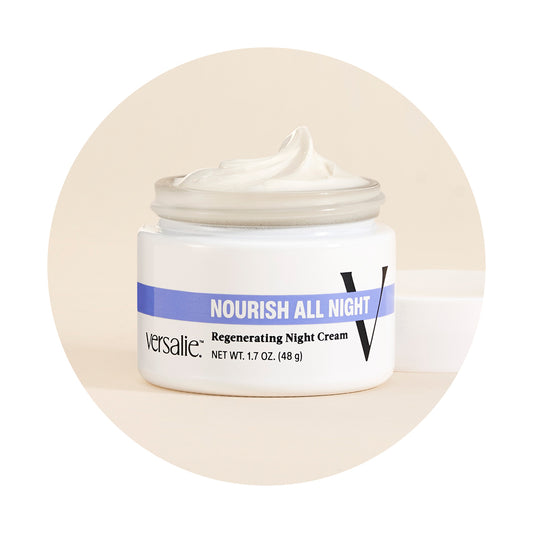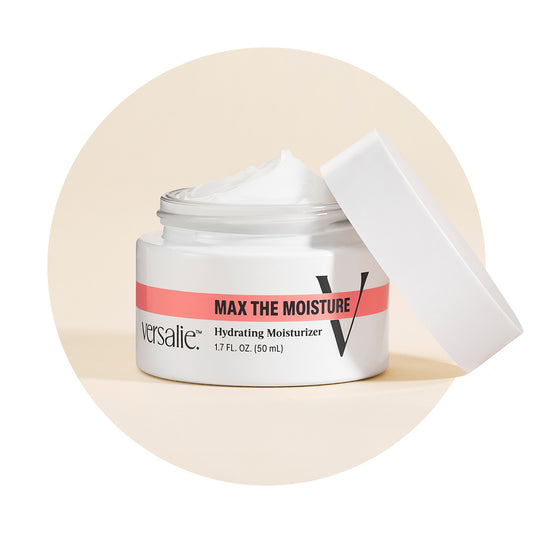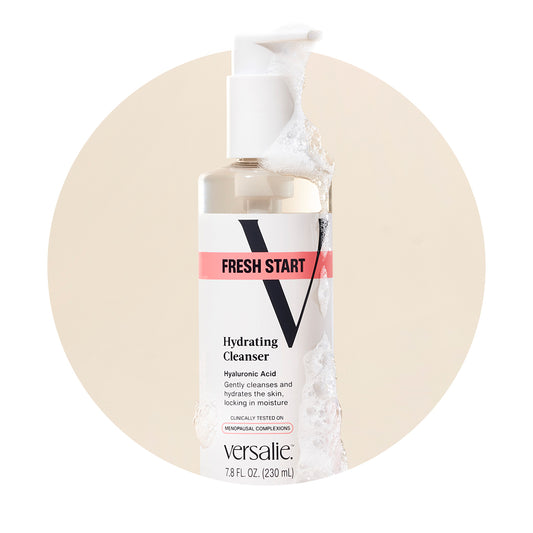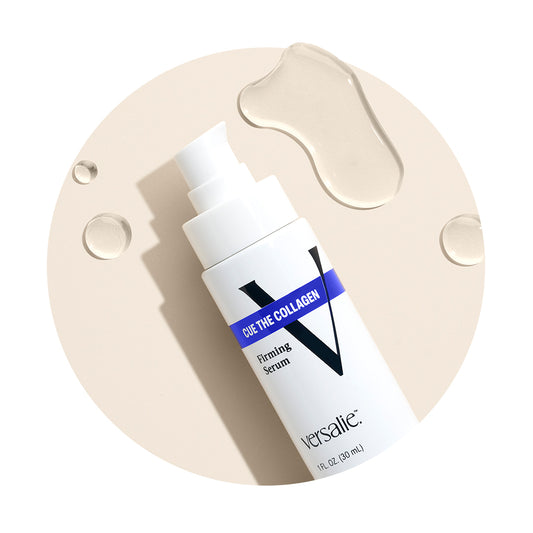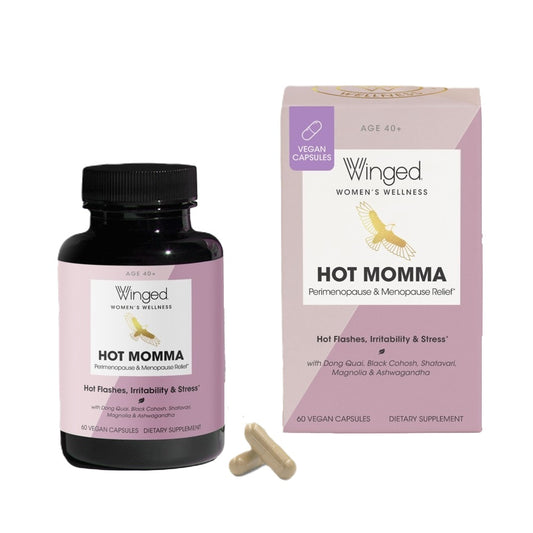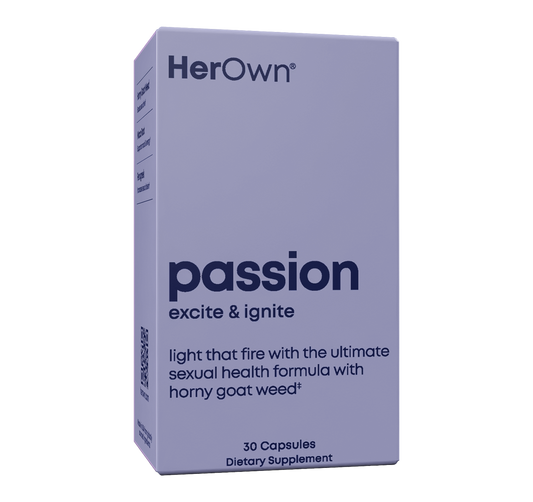Many people have menopause symptoms like hot flashes, night sweats, and vaginal dryness. Fortunately, there are safe and effective treatments available to help relieve these symptoms. Hormone therapy (HT), which must be prescribed by a healthcare provider, can be very effective for menopause symptoms.
It comes in different forms, like pills, patches, gels, or creams. There are two main types of HT: estrogen-only therapy and combination therapy, which has estrogen and progesterone or a synthetic progestin.
HT can be safe and helpful for many people, but there are some risks associated with using it. The risks vary depending on the type of HT, the dose, and individual health history. These risks include blood clots, heart disease, and breast cancer. So, it’s important to talk to your healthcare provider about the risks and benefits of HT to see if it’s right for you.
Besides HT, there are some non-drug options that may help with menopause symptoms. These options include lifestyle changes, like exercise and diet, and herbal remedies, such as black cohosh and red clover. It’s important to remember that these options may not work as well as HT and can have side effects. So, it’s important to talk to your doctor about the risks and benefits of these options before trying them.
As a menopause specialist, I hear a lot of questions about hormone therapy (HT). Here are the top 10 questions I'm asked, along with my answers.

1. If I start taking hormone therapy (HT), how long will I need to take it?
The length of time you’ll need to take HT depends on your individual needs and circumstances. Some people take HT for a short period of time, like a few months or years, while others take it for many years or even longer.
You and your healthcare provider will decide how long you should take HT, taking into account factors such as your age, your symptoms, and your overall health.
The Menopause Society does not have an age recommendation where you’ll need to discontinue HRT. Instead, each year your healthcare provider will discuss the risks and benefits with you.
2. Will HT cause weight gain?
Some studies show that HT might make you gain a little weight, but the evidence isn’t conclusive. Other studies suggest that HT might even help you lose weight. The amount of weight gained is usually small and what’s actually happening is a redistribution of where the weight sits on your body (to your middle, aka “menopause belly”).
Weight gain is a complex issue that’s influenced by many factors like what you eat, how much you exercise, and genetics. If you’re concerned about gaining weight, talk to your healthcare provider about ways to manage your weight while taking HT.
3. Does HT cause cancer?
The risk of cancer associated with HT depends on a number of factors including your age, what type of HT, and how long you take it.
Some studies show that HT may increase the risk of certain types of cancer, such as breast cancer and endometrial cancer, but the evidence is mixed. Talk to your healthcare provider about the risks and benefits of HT before you decide whether to take it.
According to the 2022 Position Statement of The Menopause Society, the risk of breast cancer is less than 1 out of 1000. It’s dependent on the type of hormone, the dosage, and how long you take it.

4. What are the benefits of taking hormone therapy?
HT can help relieve a variety of symptoms of menopause, including:
- Relief from hot flashes and night sweats.
- Better sleep.
- Less vaginal dryness and pain during sex.
- Prevention of bone loss and fracture.
- Improved mood.
- More energy.
- Protection against heart disease.
- Less joint pain and stiffness.
Some research suggests that HT may also improve cognitive function and lower the risk of getting Alzheimer's disease. Other studies have shown a reduction in new onset of type 2 diabetes. And according to some studies, hormone therapy can also help improve mood.
5. Are there any non-hormonal medications that are just as good?
There are some non-hormonal medications that may help to relieve symptoms of menopause. These include:
- Selective serotonin reuptake inhibitors (SSRIs).
- Serotonin-norepinephrine reuptake inhibitors (SNRIs).
- Gabapentin.
However, these medications are not as effective as HT in relieving all menopausal symptoms. And they have their own potential side effects as well. Talk to your healthcare provider about the risks and benefits of non-hormonal medications before you decide if you should take them.
There’s currently one other FDA-approved medication (neurokinin B antagonist) that addresses hot flashes without using hormones. This medication targets hot flashes in the part of the brain that controls body temperature. It works by blocking a chemical in the brain called neurokinin B (NKB). NKB and estrogen work together to help regulate body temperature. When estrogen levels drop (during the menopause transition), it disrupts this balance. This medication works by blocking the NKB receptor, which can help reduce the number and intensity of hot flashes.
6. Are hormones natural or synthetic?
Hormones used in HT can be either natural or synthetic. Natural hormones come from plants or animals, while synthetic hormones are made in a lab. Both types of hormones can be effective in treating menopausal symptoms, but synthetic hormones may have fewer side effects. Birth control pills are another example of synthetic hormones.
There are several options for FDA-approved bioidentical hormones that are commercially available in a patch or gel for estradiol, and a capsule for micronized progesterone. Bioidentical hormones refer to compounds that are chemically identical to the hormones in our body. For example, glucose exists in our body but aspartame, an artificial sweetener, is not chemically the same as glucose.

7. What are the risks of hormone therapy?
Hormone therapy is generally safe and effective, but similar to any type of medicine, there are some risks that come with taking it. The risks of hormone therapy depend on the type of HT you’re taking and how long you’re taking it. Overall, the risks of HT are believed to be low, but some potential risks include:
- Blood clots.
- Heart disease.
- Stroke.
- Breast cancer.
- Endometrial cancer.
The risks of HT are greater in females who are over 65 years old, who have a history of blood clots or heart disease, or who smoke.
It’s important to think about these risks, along with the possible benefits when deciding on a treatment. For most people, the benefits of HT outweigh the risks. The Menopause Society states that between the ages of 50 and 60, the benefits outweigh the risks for most people. Talk to your healthcare provider about the risks and benefits of HT before you decide whether to take it. Be sure to be proactive in asking any questions or discussing any concerns.
8. What are the side effects of hormone therapy?
Hormone therapy (HT) can have different side effects for different people. It can depend on the type of HT you’re taking and your individual health and circumstances. Some of the most common side effects of HT include:
- Breast tenderness.
- Bloating.
- Weight gain.
- Mood swings.
- Headaches.
- Nausea.
- Short-term spotting.
These side effects usually go away after a few months. Again, talk to your healthcare provider about these potential side effects.
9. Why do some people going through menopause need to take hormones and others don't?
Some people going through menopause might need to take hormones, while others don’t. People that have worse symptoms may feel better if they take hormones. Factors that can make menopause symptoms worse include:
- Age
- Family history of menopausal symptoms
- Having certain medical conditions, such as thyroid issues or diabetes
- Lifestyle factors, such as smoking or obesity
Others may not need HT because their symptoms are mild or because they’re at high risk for some of the side effects of HT. The decision of whether to take HT should be made with your healthcare provider and a decision that’s right for you may not be right for another person.

10. How will I know if the dose is right for me?
The dose and type of HT that’s right for you will depend on your own needs, health history, and situation. Your healthcare provider can work with you to find the dose that provides you with the most relief from your symptoms with the fewest side effects.
Your provider will consider your symptoms, your medical history, and your risk factors. They may start you with a low dose of HT and gradually increase the dose until your symptoms are relieved. If you experience any side effects, your provider may lower the dose or change the type of HT you’re taking.
HT can be a safe and effective way to relieve symptoms of menopause and improve quality of life. If you’re thinking about taking HT, it’s important to talk to your healthcare provider about the risks and benefits of this treatment.
Learn more about Dr. Scott and our other Versalie advisors.
References
Australasian Menopause Society. What is menopausal therapy (MHT) and is it safe? Accessed 11/28/23 from https://www.menopause.org.au/images/factsheets/What_is_MHT_and_is_it_safe_V7.pdf
Martin, K.A. & Barbieri, R.L. (2023). Treatment of menopausal symptoms with hormone therapy. UpToDate. Accessed 11/28/23 from https://www.uptodate.com/contents/treatment-of-menopausal-symptoms-with-hormone-therapy
The American College of Obstetricians and Gynecologists. (2021). Hormone therapy for menopause. Accessed 11/28/23 from https://www.acog.org/womens-health/faqs/hormone-therapy-for-menopause
The North American Menopause Society 2022 Hormone Therapy Position Statement Advisory Panel. (2022). The 2022 hormone therapy position statement of The North American Menopause Society. Menopause, 29(7): 767-794. DOI: 10.1097/GME.0000000000002028
U.S. Department of Health & Human Services, Office on Women’s Health. (2021). Menopause treatment. Accessed 11/28/23 from https://www.womenshealth.gov/menopause/menopause-treatment



